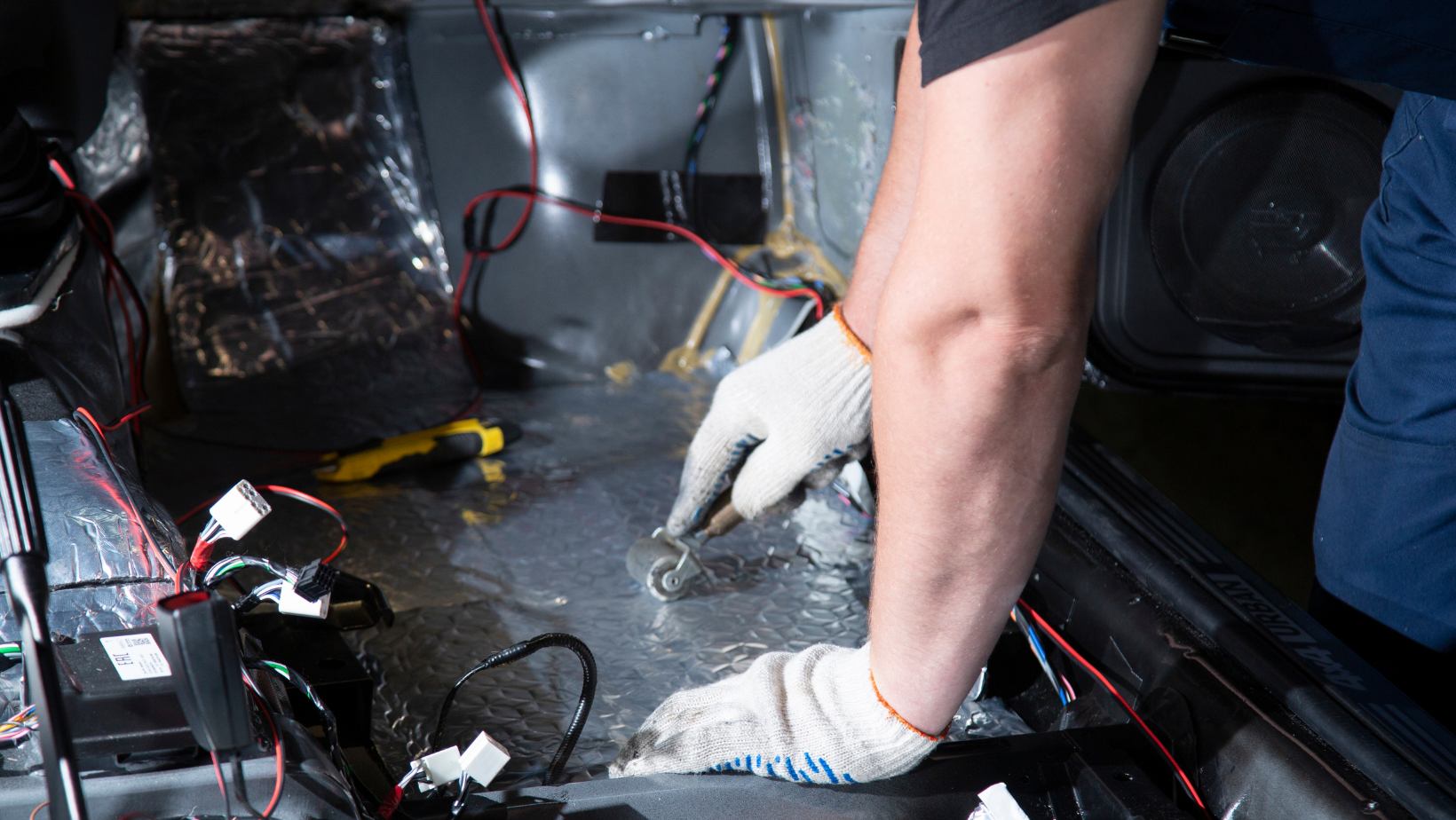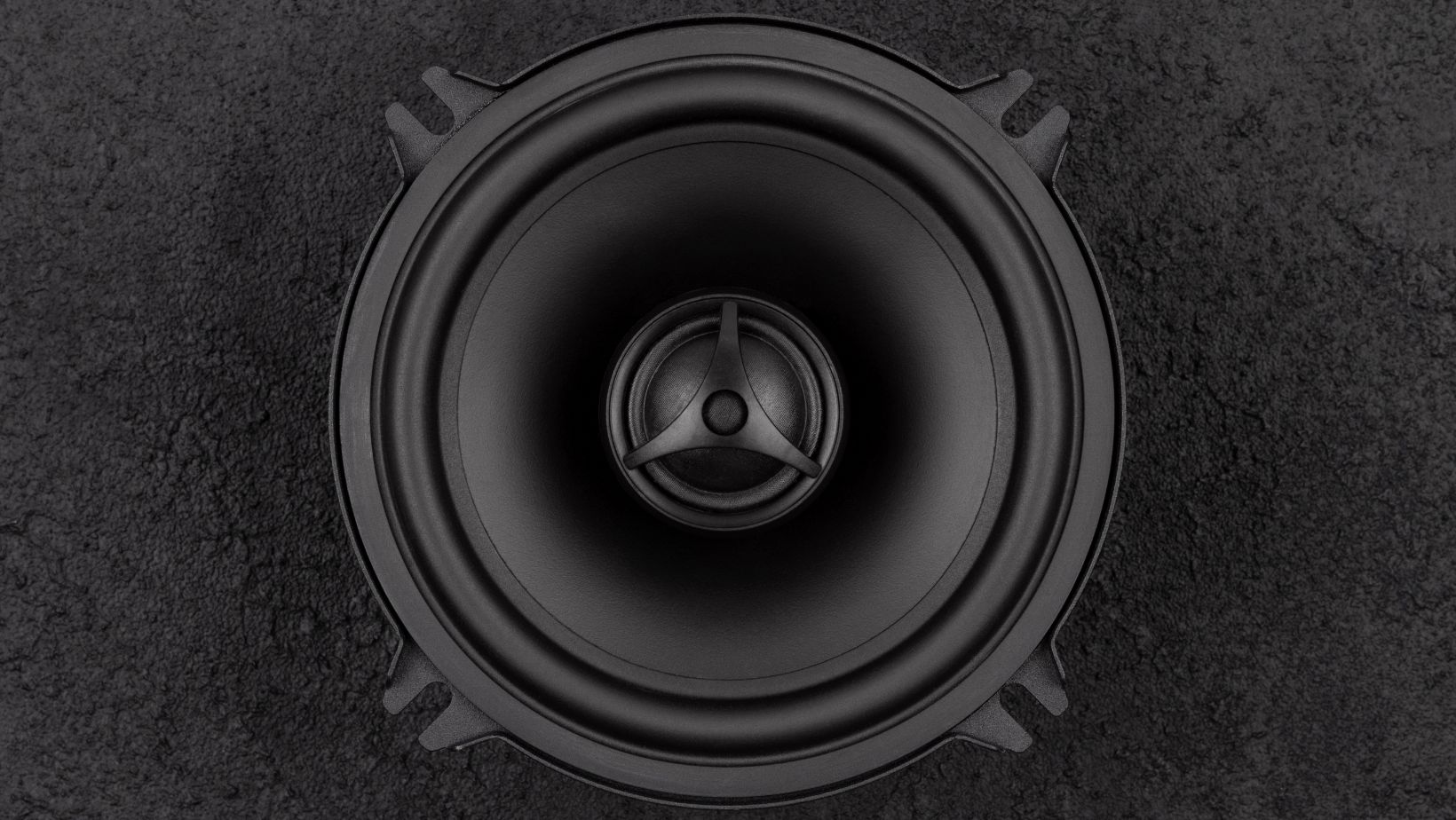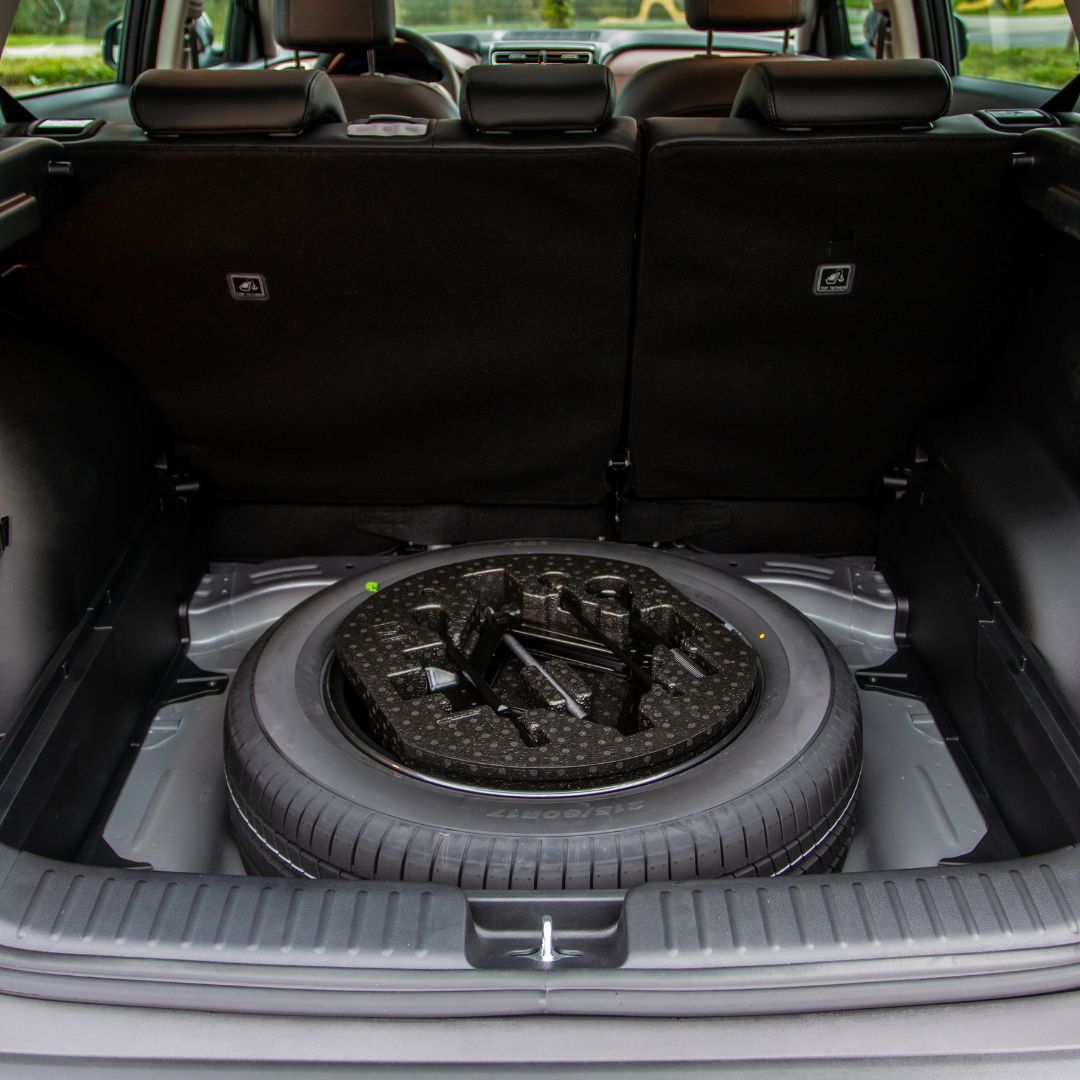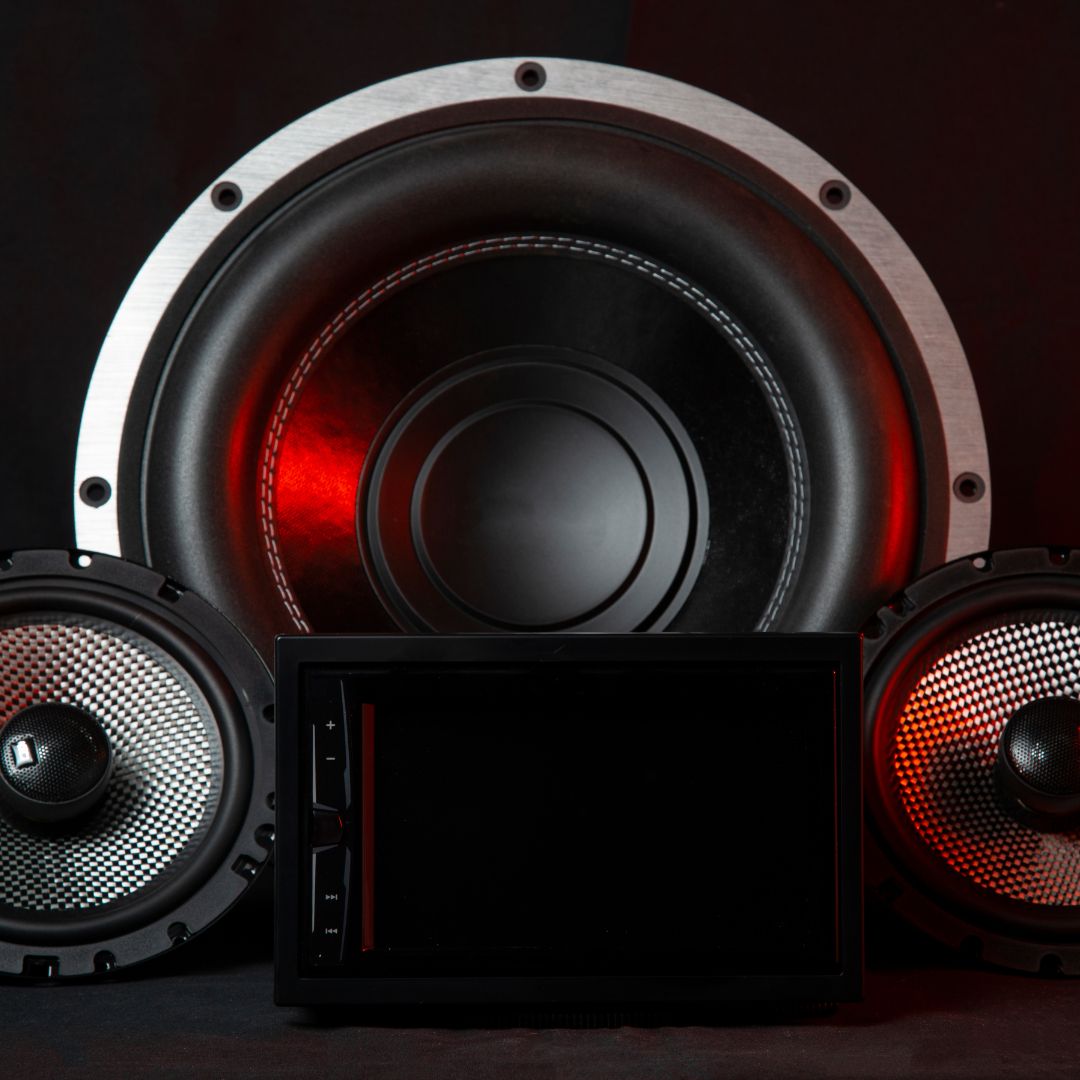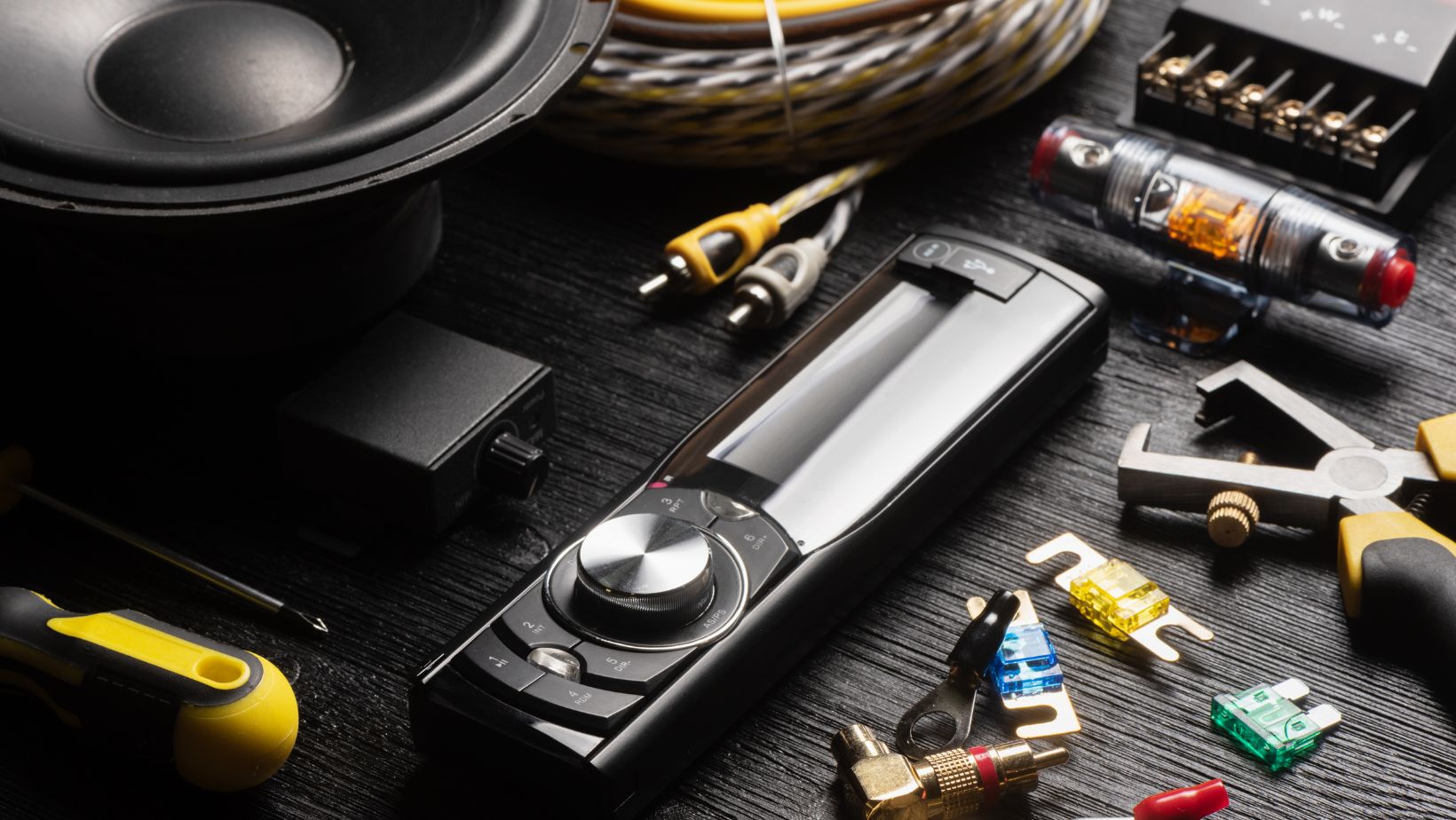Can Subwoofers Damage Your Car? Exploring the Impact of Bass on Your Vehicle
Subwoofers have become a popular addition to car audio systems, delivering powerful bass that enhances the overall audio experience. However, many car owners wonder whether the thumping vibrations of subwoofers can cause damage to their vehicles. In this article, we’ll delve into the potential impact of subwoofers on cars and address common concerns surrounding this popular audio accessory.
The Basics of Subwoofers:
Subwoofers are specialized speakers designed to reproduce low-frequency sounds, commonly known as bass. These speakers are often added to car audio systems to provide a deeper and more immersive audio experience. While subwoofers can significantly enhance the enjoyment of music, movies, and other audio content in your car, it’s essential to consider the potential consequences they may have on your vehicle’s structural integrity.
Vibrations and Your Car’s Structure:
One of the primary concerns associated with subwoofers is the vibrations they generate. Powerful bass frequencies can create intense vibrations that may impact various components of your car, including the doors, windows, and even the chassis. Prolonged exposure to such vibrations could potentially lead to wear and tear over time.
It’s important to note that the extent of potential damage largely depends on the quality of the subwoofer, the installation process, and how well the vehicle is maintained. In most cases, reputable car audio professionals can properly install subwoofers, minimizing the risk of structural damage.However high voltage subwoofer such as 15 inch subwoofers will innevitable send vibrations through your car. In this case the use of isolations materials is mandatory.
Protective Measures:
To mitigate potential harm caused by subwoofers, car owners can take several precautionary measures:
Professional Installation: Ensure that a qualified audio professional installs your subwoofer. Professional installers have the expertise to integrate subwoofers into your car audio system without compromising its structural integrity.
Use of Isolation Materials: Consider using isolation materials, such as rubber gaskets or foam padding, to minimize the transfer of vibrations to the car’s body. These materials act as a buffer, reducing the impact of bass on the vehicle’s structure.
Regular Maintenance: Stay on top of regular vehicle maintenance. Checking for loose bolts, screws, and other components can help identify and address any potential issues before they escalate.
Manufacturer Guidelines:
Another crucial aspect to consider is whether your vehicle’s manufacturer has provided guidelines or warnings regarding the use of aftermarket audio equipment. Some manufacturers may specify weight limits or offer recommendations for minimizing potential damage caused by additional accessories.
Road Safety Considerations:
Beyond concerns about structural damage, it’s essential to address the impact of subwoofers on road safety. Excessive bass levels can be a distraction, potentially impairing a driver’s ability to hear important auditory cues, such as sirens or horns. Striking a balance between enjoying your audio system and maintaining a safe driving environment is paramount.
Conclusion:
While subwoofers can undoubtedly enhance your car audio experience, it’s crucial to approach their installation and use with caution. Professional installation, the use of isolation materials, and adherence to manufacturer guidelines can help minimize the risk of structural damage. Additionally, maintaining a balance between enjoying your audio system and ensuring road safety is vital. By taking these precautions, you can enjoy powerful bass without compromising the integrity of your beloved vehicle.
